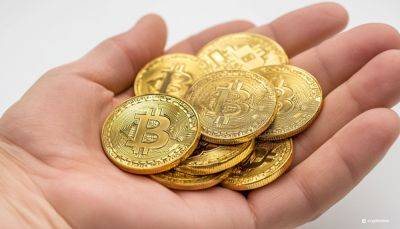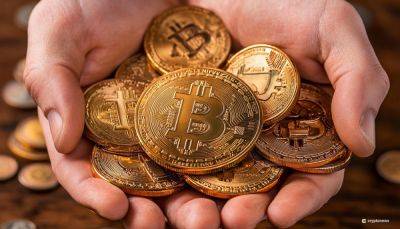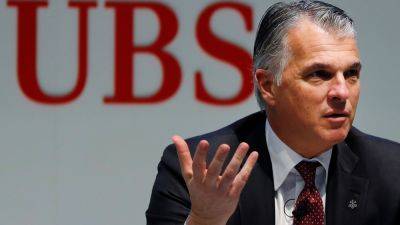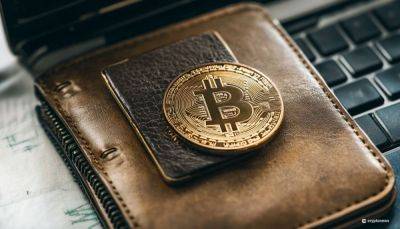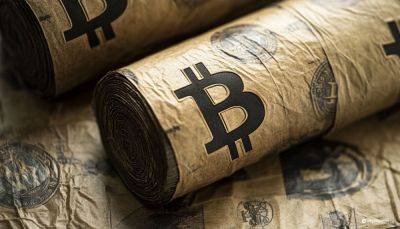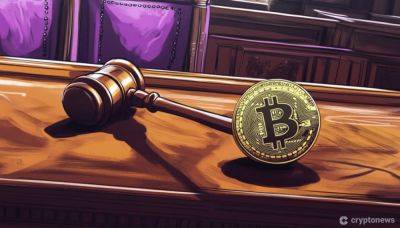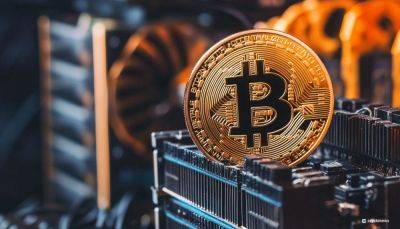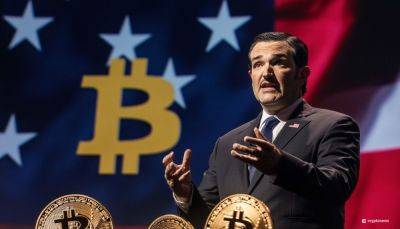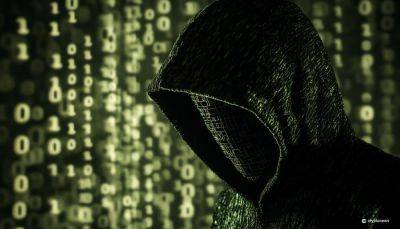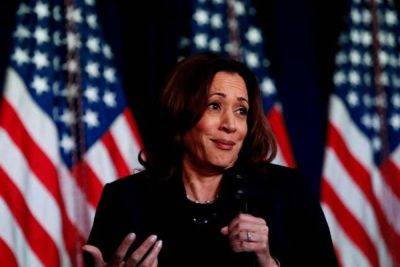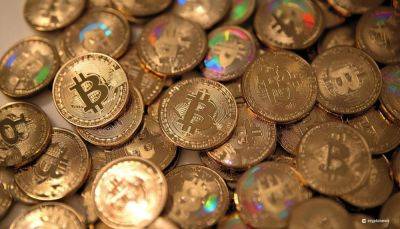‘Loophole’ may get you a $7,500 tax credit for leasing an EV, auto analysts say
Buying a new electric vehicle isn't the only way consumers can access a $7,500 federal EV tax credit. They may also be able to get the money by leasing a car.
The Inflation Reduction Act, which President Joe Biden signed in 2022, contained various rules related to consumer tax breaks for EVs.
Perhaps the best known of them — the "new clean vehicle" tax credit — is a $7,500 tax break for consumers who buy a new EV. Most qualifying buyers opt to get those funds directly from the car dealer at time of purchase.
But many auto dealers are also passing along a $7,500 tax break to lessees, via a different (and, experts say, lesser-known) mechanism called the «qualified commercial clean vehicles» tax credit.
The upshot for consumers: It's far easier to get than the credit for buyers of new EVs, since it doesn't carry requirements tied to car manufacturing, sticker price or buyers' income, for example, experts said.
In other words, the $7,500 may be available for lessees but not for buyers.
This EV tax credit «leasing loophole» has likely been a key driver of increased leasing uptake in 2024, Barclays auto analysts said in an equity research note published in June.
About 35% of new EVs were leased in the first quarter of 2024, up from 12% in 2023, according to Experian.
«Want a good deal on buying a car today? Your best bet may be leasing an EV,» Barclays said.
Receipt of the full new clean vehicle credit — Section 30D of the tax code — is conditioned on certain requirements for vehicles and buyers.
For example, final assembly of the EV must occur in North America. Battery components and minerals also carry various sourcing and manufacturing rules. Cars must not exceed a certain sticker price: $55,000 for sedans and $80,000 for
Read more on cnbc.com
 cnbc.com
cnbc.com